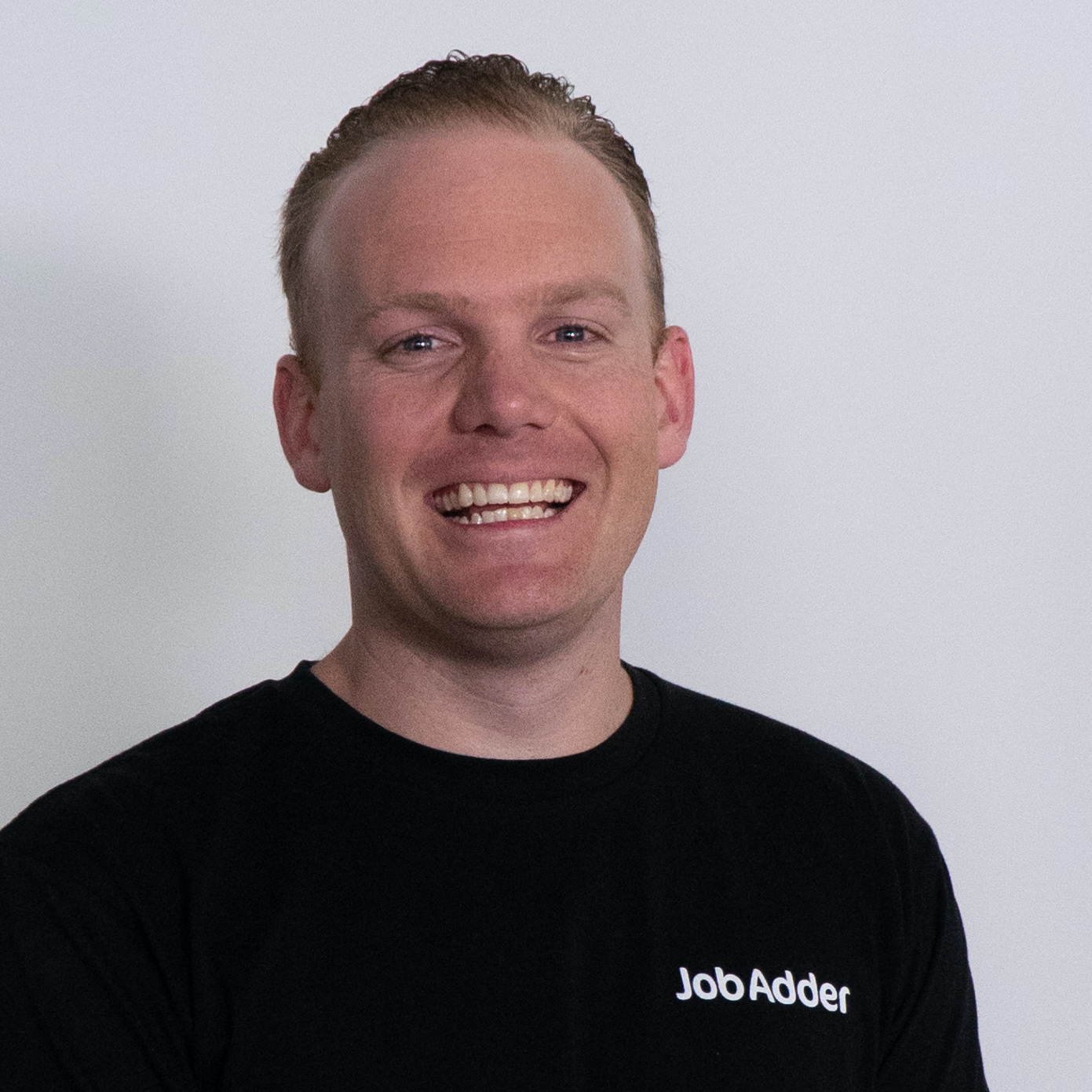As the quest for sourcing and hiring top talent becomes more difficult than ever, recruiters and hiring managers are tasked with revisiting their recruitment processes to find inefficiencies and make improvements. A core focus for many recruiters and hiring managers is finding new ways to engage and capture the attention of applicants.
One way to do this is through opting to deviate from standard interview questions in order to provide a glimpse of company culture to a candidate, whilst allowing the recruiter or hiring manager to gain interesting insights into their work style, habits, goals and mindsets.
Moreover, memorable interview questions can also set a company apart from their competitors. When candidates are interviewing with many organisations, unique questions help them remember a specific company and the interview process positively.
For those not sure where to start, here are four different types of interview questions to try on your next candidate.
1. Icebreakers
Generally, ice breaker questions help candidates relax at the beginning of interviews, as it gives them a chance to warm up their communication skills and provides them with a strong first impression.
Some examples of icebreakers include:
What would you bring with you on a deserted island?
Tell me about one of your interests unrelated to your career.
Did you find it easy to get here?
- If you won $50 million dollars, how would you spend it and what would you do?
2. Company culture questions
Company culture interview questions can help you identify cultural fits in candidates and ideally make your company a standout opportunity.
Here are a few company culture questions you can consider:
Do you come to work just to work, or do you like to socialise along the way?
What inspires you to work in this industry?
Tell me about a time when a job or company felt like a bad fit for your personality
Tell me about a time when you were part of a team that was fun to work with.
3. Creativity questions
Some jobs require candidates to be creative or quick on their feet. This is why curveball interview questions – while sometimes a little silly – can be a great method to reveal these qualities in candidates.
In particular, you should opt to use these types of questions to evaluate the creativity of candidates for roles that depend on creativity or “outside-the-box” thinking.
Some examples of creativity questions include:
Describe the purpose of this job to someone from another planet.
How would you pitch this company to a friend?
Do you think zombies should be slow or fast?
How would you transport 10,000 crocodiles safely across the country in the most efficient, safe and cost effective way possible?
4. Big picture questions
Asking big picture questions can demonstrate how candidates might relate to your company as an employee and highlight their ability to think in a big picture way.
These could look like:
If you were the CEO of our company, what would your five year plan be?
If you were interviewing me for my job, what would you want to know about me?
If you had an unlimited budget, what innovation would you want to create in our industry?
If you were allowed to change one thing about this company, what would it be?
What do you think our industry is going to look like in 10 years? Will it still exist?
Overall, when asking your candidate unique interview questions it’s important to ensure they are truly reflective of your company’s culture or otherwise have a specific purpose.
This “specific purpose” could have a variety of different meanings depending on the role and the type of industry your company fits in, however generally this includes providing insight about their previous job experience, skill set, core values, and the type of person they are.
 Michael Osmond has been with JobAdder for 2.5 years as the Head of People. Michael is passionate about creating workplace experiences that help people, teams and organisations thrive. He loves working closely with founders and leadership teams to design and execute progressive performance cultures that drive organisational success and an amazing employee experience. Michael has 11 years’ experience in People Teams having spent 6 years in Financial Services and then more recently 3 years with Football Federation Australia – the governing body for Football in Australia.
Michael Osmond has been with JobAdder for 2.5 years as the Head of People. Michael is passionate about creating workplace experiences that help people, teams and organisations thrive. He loves working closely with founders and leadership teams to design and execute progressive performance cultures that drive organisational success and an amazing employee experience. Michael has 11 years’ experience in People Teams having spent 6 years in Financial Services and then more recently 3 years with Football Federation Australia – the governing body for Football in Australia.Michael is a generalist but has a background of big change projects in the organisations he has worked in that align with the overall business strategy. These have been in the areas of people performance, mental health well-being, DE&I, employee engagement, organisational design/change, compensations & benefits and L&D.

